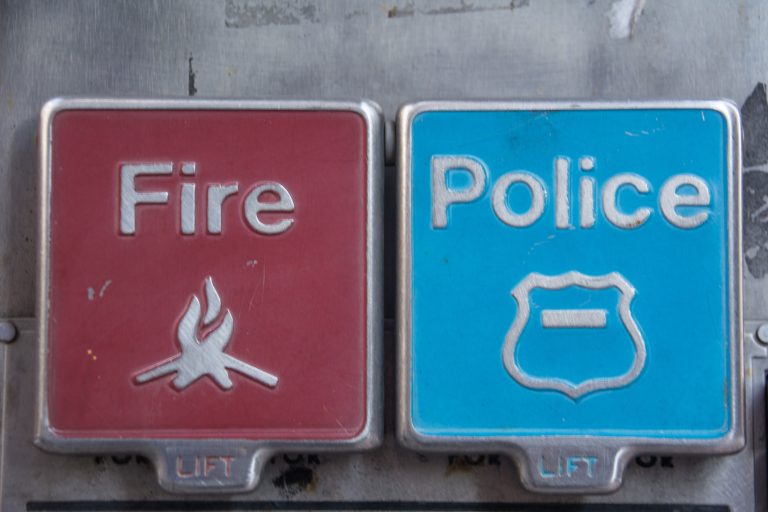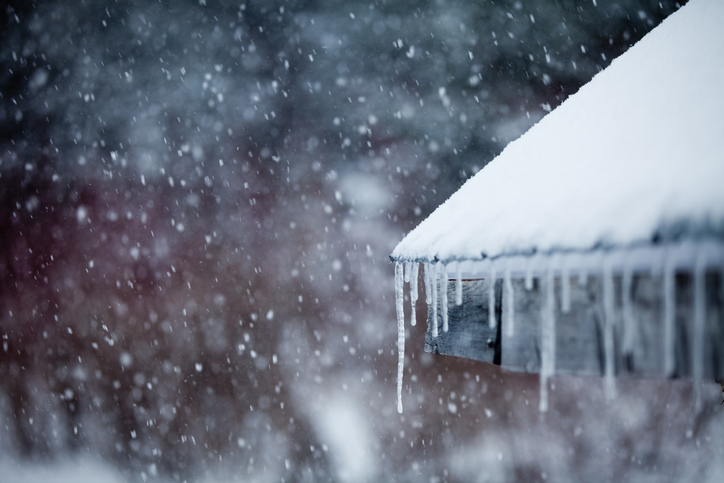Wise Giving Wednesday: Homelessness Is Rising—Here’s How You Can Help Responsibly

Homelessness in the United States has reached record levels, and while the causes are complex, donors can still make a real difference by giving wisely.
Understanding the Rise in Homelessness
According to the U.S. Department of Housing and Urban Development’s 2024 Annual Homelessness Report to Congress, 23 of every 10,000 people in the United States experienced at least one night in a shelter, transitional housing program, unsheltered location, or safe haven in 2024. The report lists the lack of affordable housing, high inflation, and stagnant wages as contributing factors. These 771,480 people represent the highest total ever recorded. Natural disasters, public health issues, the reduction in the number of homelessness prevention programs during COVID-19, and the end of expanded child tax credit have all exacerbated the problem.
Who Is Most Affected by Homelessness Today?
The report also specifies that record homelessness occurred among the chronic homeless and unaccompanied youth. There have been dramatic increases in homelessness among those in families with children, up 39% between 2023 and 2024. People identifying as Black, African American, or African represented 32% of the homeless but only 12% of the total population. Older Americans were also hit hard too, with over 104,000 of those between 55-64 experiencing homelessness in 2024 and 42,150 over 64.
How Donors Can Support the Unhoused Wisely
With so many contributing factors, it’s hard to imagine ever being able to completely “solve” homelessness or help all of the unhoused. But there are thousands of organizations, national, regional, and local, that will continue to “fight the good fight” and provide shelter and improved living situations for those with no roof over their head. Hopefully, we’ll always have donors willing to help. Below are a few ideas to consider when giving to those helping the unhoused:
- Support National Charities with Broad Reach: While most major areas have a number of independent homeless shelters, there are also national charities that address homeless needs. For example, The Salvation Army offers shelter and basic necessities to the homeless, the National Council of the U.S. Society of St. Vincent de Paul works to prevent homelessness and assist with rental payments, American Red Cross helps people left homeless due to fires and disasters, and Habitat for Humanity helps provide affordable housing to families in need. To learn more about homeless programs in your community, contact the local and/or regional affiliates of these charities.
- Engage with Local Homeless Shelters: Reach out to your local homeless shelters to find out their specific needs to avoid duplication of efforts. Many shelters may need cash more than volunteers or in-kind goods.
- Ask Around and Tap Community Knowledge: Ask around. Friends and neighbors can be good resources to find out which local groups are especially helpful.
- Give to Trustworthy Charities: Visit Give.org to see if the charity meets the 20 BBB Standards for Charity Accountability (i.e., a BBB Accredited Charity). If a BBB charity report is not available on a shelter, review the organization’s website for additional details about its services, needs, and achievements.
Heart of Giving Podcast – David Rhode on Building Effective Nonprofit Leadership
This week on The Heart of Giving Podcast, David Rhode, author of “Passion Isn’t Enough,” shares practical insights from his journey from founding Pitchin’ for Baseball and Softball to consulting with nonprofit leaders.
Explore Three of Our Latest Reports
We are always working with charities to publish or update reports for donors. Visit Give.org or local BBBs to check out any charity before giving. Our recently evaluated charities include:
Finally, remember to let us know by going to give.org/charity-inquiry if you are interested in seeing a report on a charity not on the list and we will do our best to produce one.


